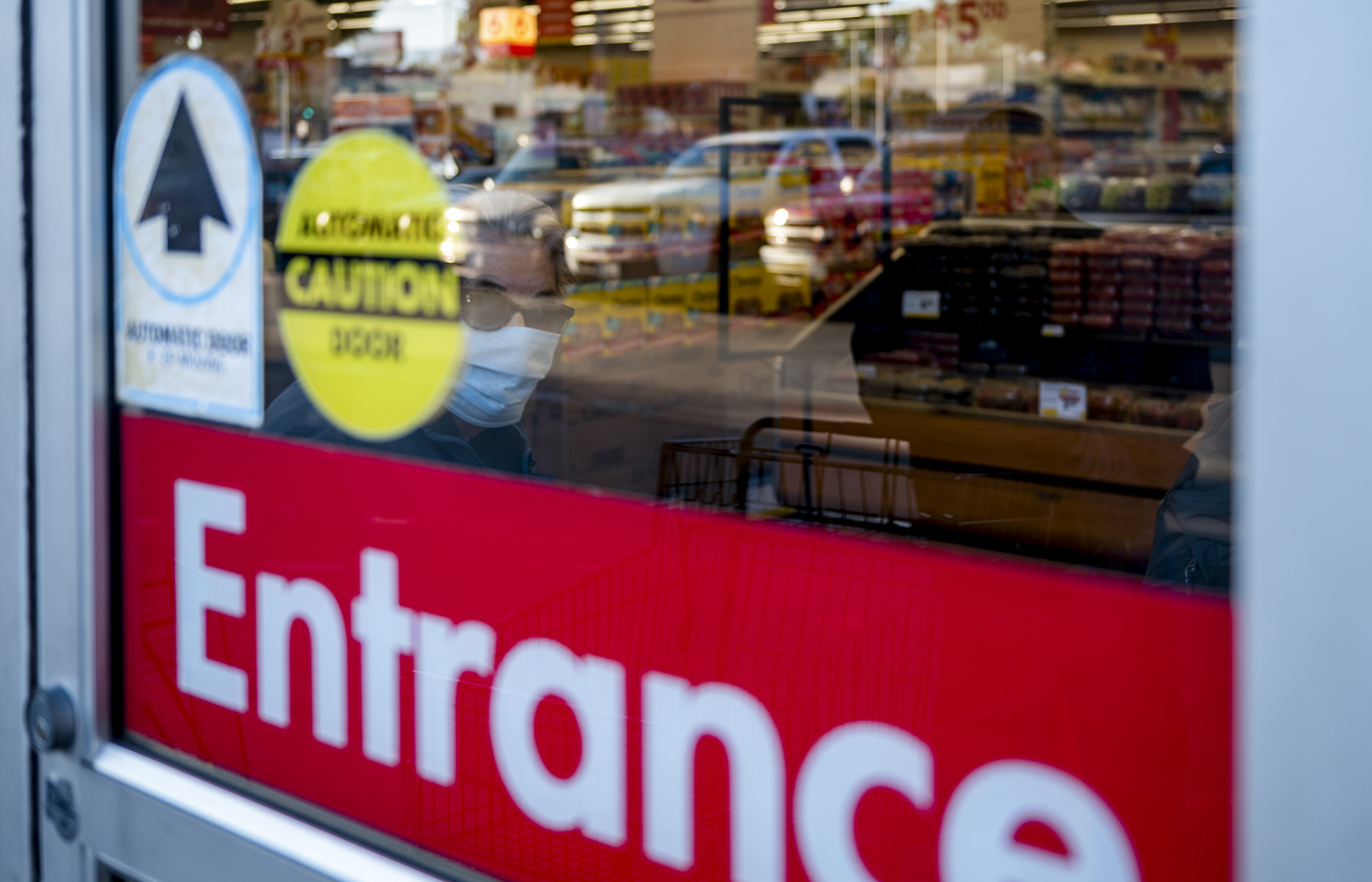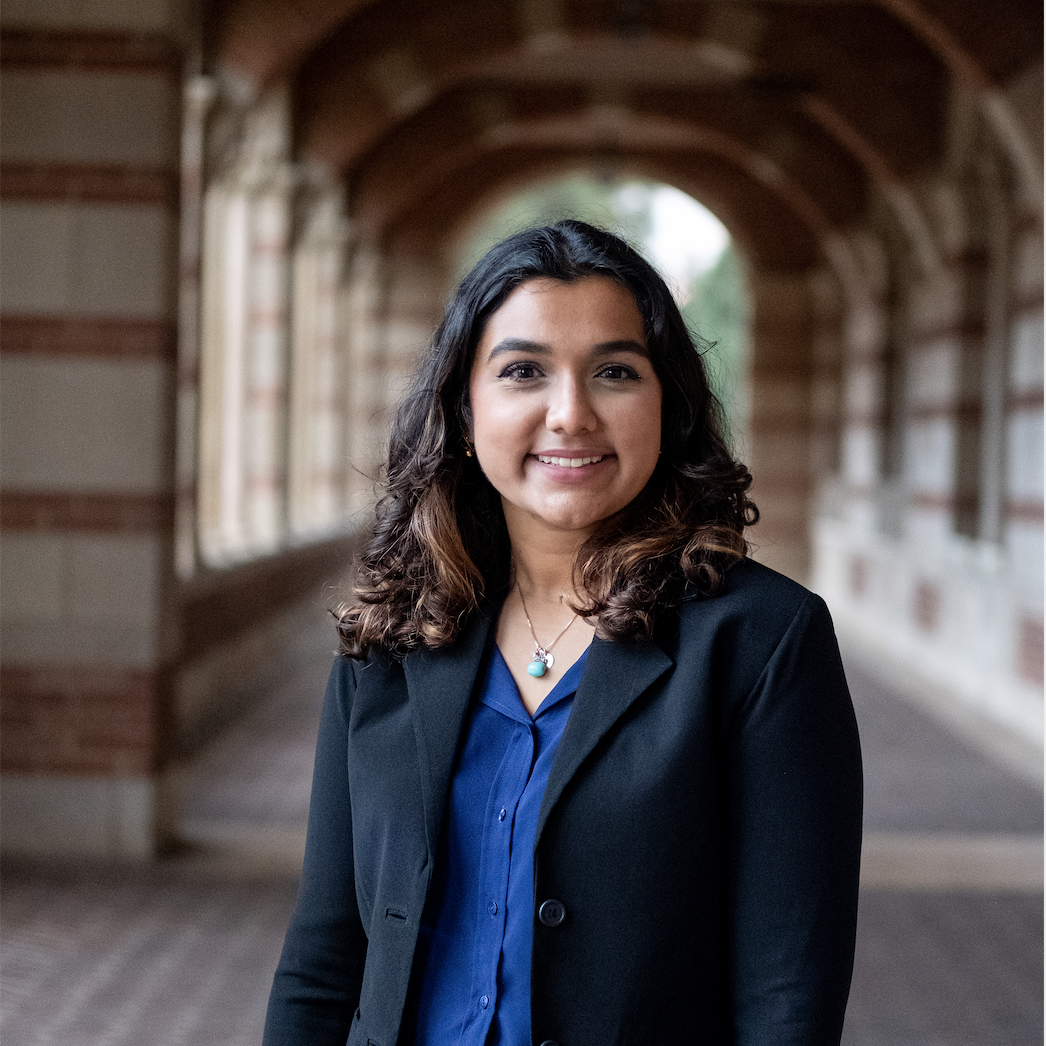For those most vulnerable to COVID-19, quarantine is a time of heightened vigilance

People who are at higher risk for COVID-19 have self-isolated completely. (Jintak Han/Daily Bruin senior staff)
Susan Abeles’ first grandchild was born mid-March, and although Abeles lives across the street from him, she has only been able to hold him once. Abeles’ daughter occasionally holds up the baby on the porch while Abeles looks on from six feet away.
“I’m living through pictures, videos, FaceTime and occasional trips over there to see them at a bit of a distance,” Abeles said. “Because I worry about the baby and my kids getting sick.”
For Abeles, president of the UCLA Retirees Association, being at a higher risk for COVID-19 has made isolation a strict reality.
People who are over the age of 65 and/or have underlying medical conditions are at higher risk for severe illness from COVID-19, according to the Centers for Disease Control and Prevention, and must take serious precautions to avoid exposure to the virus.
Abeles said she understands how some of her peers can feel frustrated by this sudden loss of independence.
“I feel like I’m being cheated out of some of my senior years,” Abeles said. “I’m here; I’m alive, but it’s not the same quality of life that I’m used to. And I wonder about people that are much older than I. how are they dealing with it because they have little time left anyway.”
Ayesha Dixon, director of the UCLA Emeriti/Retiree Relations Center, said the office prioritized education and combating elderly isolation during quarantine. The center has implemented Zoom tutorial programs, as well as a phone-buddy system for retirees called Telebruin.
Telebruin began in late March and has about 70 retirees signed up, Dixon said. The purpose is to combat social isolation in a time when many retirees are no longer able to meet together for their usual activities.
“Telebruin is like an old school phone tree,” Dixon said. “I gave each other their contact information and said reach out, text them, call them, just be a friend. We wanted to create this kind of solution for people who are not tech-savvy to keep them engaged and try to find ways that we can expand our social supportive network.”
Dixon added she thinks the social isolation experienced in quarantine will have a long term effect on the senior population.
“I think the stay-at-home order has an unintended consequence on seniors and how they’re dealing with their everyday life,” Dixon said. “It kind of created this bubble of a social recession. It’s a collapse in normal social contact for this population. It’s a huge, huge public concern.”
Students with autoimmune disorders have also been hit hard by the pandemic. Jonathan Ma, a sixth-year art student, has an autoimmune disorder that affects his joints and other parts of his body.
Ma relies on immunosuppressants because he is at a higher risk of getting sick as compared to other people his age. While he has been immunocompromised for two years now, he has never needed to social distance or quarantine beyond avoiding direct contact with sick people during the flu season.
Ma has minimized exposure to running errands during quarantine. Besides the anxiety surrounding the situation, Ma said his quarantine is not any different from a person who isn’t immunocompromised.
However, he added that concerns about the coronavirus have been taking a toll on his overall mental health. The social isolation aspect of quarantine has sometimes led to anxiety, depressive thoughts and cabin fever, Ma said.
“Last week I experienced small flu-like symptoms,” Ma said. “The risk of the coronavirus sparked anxiety.”
For some students, however, their concerns are regarding family members that are immunocompromised.
Jack Gibson, a second-year English and political science student, currently lives at home. His mother has Hashimoto’s disease and Lyme disease. In order to avoid any risk of his mother contracting COVD-19, their family chose to stock up on canned food during the initial weeks of the outbreak and have been completely isolated since.
Gibson said because of his parents’ health situation, he will likely be the one to run errands but added there will be stress in ensuring that he doesn’t spread the coronavirus to his parents.
He added that the anxiety about his mother’s health has made coping with school work difficult. Although he reached out to Counseling and Psychological Services and the Center for Accessible Education, their response times have been slow, he said. While Gibson said professors have been understanding, he added it is difficult to connect with them online.
Dixon recommends reaching out to immunocompromised friends and family during this time.
“This is a great time for connection,” Dixon said. “If there’s ways to reestablish those connections that maybe have gone on too long.”



